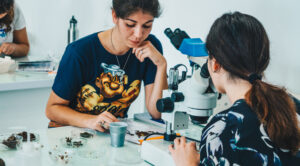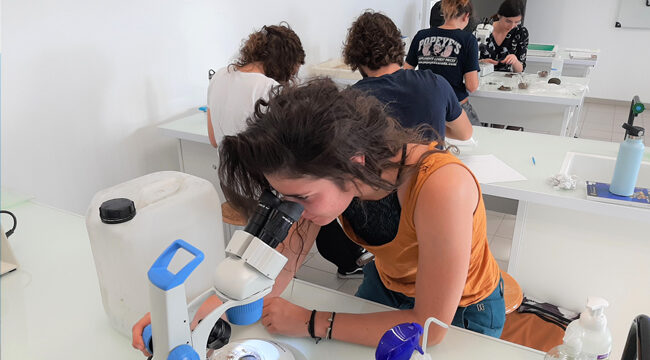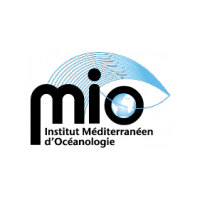Objectives
Within the OBEM specialization, this training module is aiming at studying the various models of functioning of the biosphere. This course objective is to enable students to approach the different steps of a scientific study: the phrasing of an initial question and study hypotheses associated, the definition of a study protocol, in-situ implementation of collection methods, post-processing of samples and analysis of data, as well as the scientific writing.
Training duration: this course represents a total of 60 hours during the MSc second year, of which 30 hours are delegated to Septentrion Environnement (lectures, practical work at sea and practical work in the classroom), spread over 10 half-days.
Content

Out of the 60 hours of the course, 30 hours are given by the MIO teachers and are dedicated to the teaching of key concepts of coastal ecosystems functioning. The 30 hours provided by Septentrion Environnement, mix a practical approach and theoretical complements: the “chapters” correspond to ecosystems or coherent groups (e.g.: coralligenous, infralittoral rock, Posidonia meadow, …). For each chapter, the program includes two half-days, divided between:
➔ scientific practical work (TP) outings carried out in scuba diving (air): initiation to methods and implementation of study protocols (e.g.: census of benthic and necto-benthic assemblages: teleost fish, macrophytes, etc.). All the outings are supervised by scientific divers and state certificates of the association.
➔ classroom sessions in the form of tutorials or practical work, in the classroom, which introduce or close the field, especially with data processing (e.g.: sample sorting and species identification, statistical analyses of ecological datasets on R, etc.).




